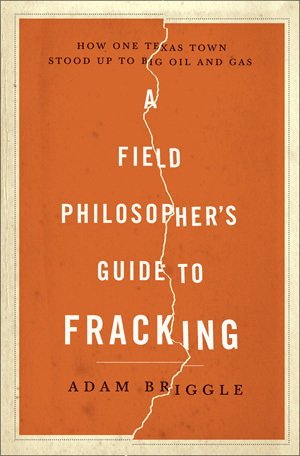What do you think?
Rate this book


352 pages, Hardcover
First published October 19, 2015
Daß ich erkenne was die Welt
Im Innersten zusammenhält
That I know what the world (Google Translator)
At the core holds together
The fact that I recognize what the world
In the most inner holds together (Reverso)
“Fracking exemplifies the technological wager, by which I mean a gamble or even a faith that we can transform the world in the pursuit of narrowly defined goals and successfully manage the broader unintended consequences that result. In many ways, we are gambling on present innovations. I think that if we are to live with high technology we cannot avoid this wager. The question is whether we can establish conditions to make it a fair and reasonable bet. In the case of fracking, I will argue, these conditions are largely not in place” (3).